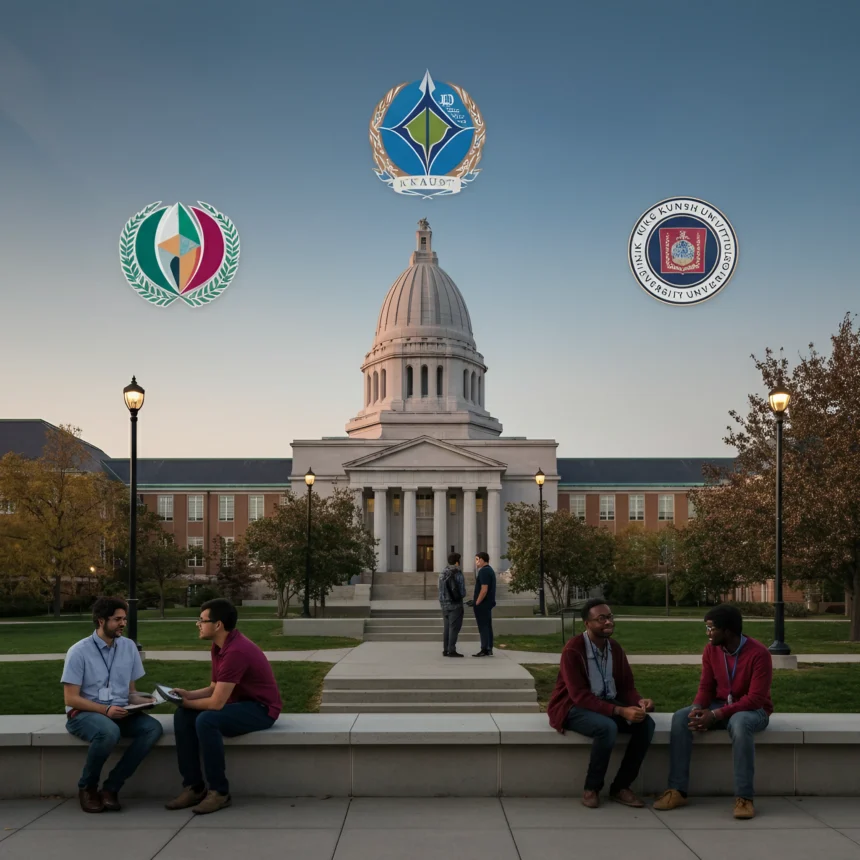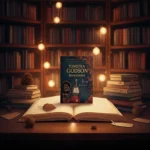Education and research transcend borders, connecting universities and learners worldwide. At the forefront of this global collaboration is the University of Wisconsin-Madison (UW-Madison), an institution renowned for fostering partnerships that drive innovation and excellence. One of its most impactful initiatives is a unique collaboration with Duke Kunshan University (DKU) and King Abdullah University of Science and Technology (KAUST), leading to the creation of the prestigious Kowal Prize. This blog dives into the remarkable story of this partnership, the significance of the Kowal Prize, and its impact on global education university of wisconsin-madison dku kowal.
Building Bridges with Global Partnerships
UW-Madison has long been a leader in fostering global connections, creating opportunities for knowledge exchange and collaboration. With a commitment to advancing research and education on a worldwide scale, the university has formed strategic partnerships with institutions like Duke Kunshan University in China and King Abdullah University of Science and Technology in Saudi Arabia. These partnerships are a testament to UW-Madison’s vision of uniting diverse talents and perspectives to tackle some of the world’s most pressing challenges.
Central to these collaborations is the understanding that education thrives when ideas flow freely across cultures and continents. By working with DKU and KAUST, UW-Madison sets an example for how institutions can leverage their unique strengths to create something greater than the sum of their parts.
The Creation of the Kowal Prize
At the heart of UW-Madison’s collaboration with DKU and KAUST is the Kowal Prize, an initiative that symbolizes the power of international partnerships in education. Named after Dr. Richard Kowal, a visionary educator and advocate for global collaboration, the prize recognizes outstanding contributions to the fields of education, research, and innovation.
The Kowal Prize was born out of a shared commitment among the three institutions to celebrate and reward individuals making a difference in the academic world. It aims to promote interdisciplinary research, cultural understanding, and academic excellence on a global scale. The prize has quickly become a symbol of what can be achieved when universities and educators join forces.
Purpose and Vision
The Kowal Prize is not just about awarding achievements—it is about inspiring future generations to push the boundaries of what is possible. By highlighting the accomplishments of remarkable individuals, the prize serves as a beacon for students and researchers worldwide, encouraging them to pursue excellence and global collaboration.
Through this initiative, UW-Madison, DKU, and KAUST are sending a clear message: the future of education lies in collaboration, diversity, and shared knowledge.
Celebrating Excellence Through the Kowal Prize
Every year, the Kowal Prize highlights the transformative work of educators, researchers, and thought leaders. Its winners reflect the diversity and innovation made possible by global partnerships.
The Selection Process
The selection process for the Kowal Prize is rigorous and transparent, ensuring that recipients truly embody the values of collaboration and excellence. Candidates are evaluated on criteria such as:
- Innovation: How has the candidate advanced their field in novel ways?
- Impact: What tangible contributions have they made to education or research?
- Global Collaboration: How have they connected cultures or fostered international partnerships?
An expert panel from UW-Madison, DKU, and KAUST reviews applications, ensuring that the prize represents the best of each institution. This collaborative selection process exemplifies the prize’s ethos of inclusivity and shared knowledge university of wisconsin-madison dku kowal.
Notable Recipients
Over the years, the Kowal Prize has recognized leaders in fields ranging from environmental science to artificial intelligence. These recipients include:
- Dr. Amina Hassan (2021 Winner): A KAUST researcher whose work in sustainable energy has influenced global policies on renewable resources.
- Professor Li Wei (2022 Winner): A DKU educator credited with groundbreaking studies in cross-cultural communication.
- Dr. Michael Grant (2023 Winner): A UW-Madison alumnus and advocate for equitable access to STEM education worldwide.
These individuals illustrate the diverse ways in which the Kowal Prize fosters innovation and inclusivity in education and research.
The Future of Educational Collaborations
The success of the Kowal Prize underscores the importance of global partnerships in education. Initiatives like this showcase how universities can work together to address shared challenges, create new opportunities, and elevate education to unprecedented heights.
Lessons from UW-Madison’s Partnerships
UW-Madison’s collaborations with DKU and KAUST highlight several key lessons for educational institutions worldwide:
- Shared Vision: Partnerships thrive when all parties align around a common mission or purpose.
- Cultural Exchange: Cross-cultural collaboration fosters mutual understanding and enriches research outcomes.
- Innovation: Combining expertise from diverse institutions leads to breakthroughs that would be impossible in isolation.
Expanding the Impact of the Kowal Prize
Looking ahead, there is immense potential to expand the influence of the Kowal Prize. By inviting more institutions to participate, the prize could further its goal of promoting innovation and collaboration across even more disciplines and regions.
Advancing Learning and Research Together
The Kowal Prize, and the collaboration between the University of Wisconsin-Madison, Duke Kunshan University, and King Abdullah University of Science and Technology, remind us that education is at its best when it transcends borders. These partnerships illustrate the extraordinary power of shared knowledge, diverse perspectives, and mutual respect.
By fostering global connections, UW-Madison and its partners are paving the way for a more inclusive and innovative educational future. For students, educators, and institutions alike, the message is clear—together, we reach higher.







